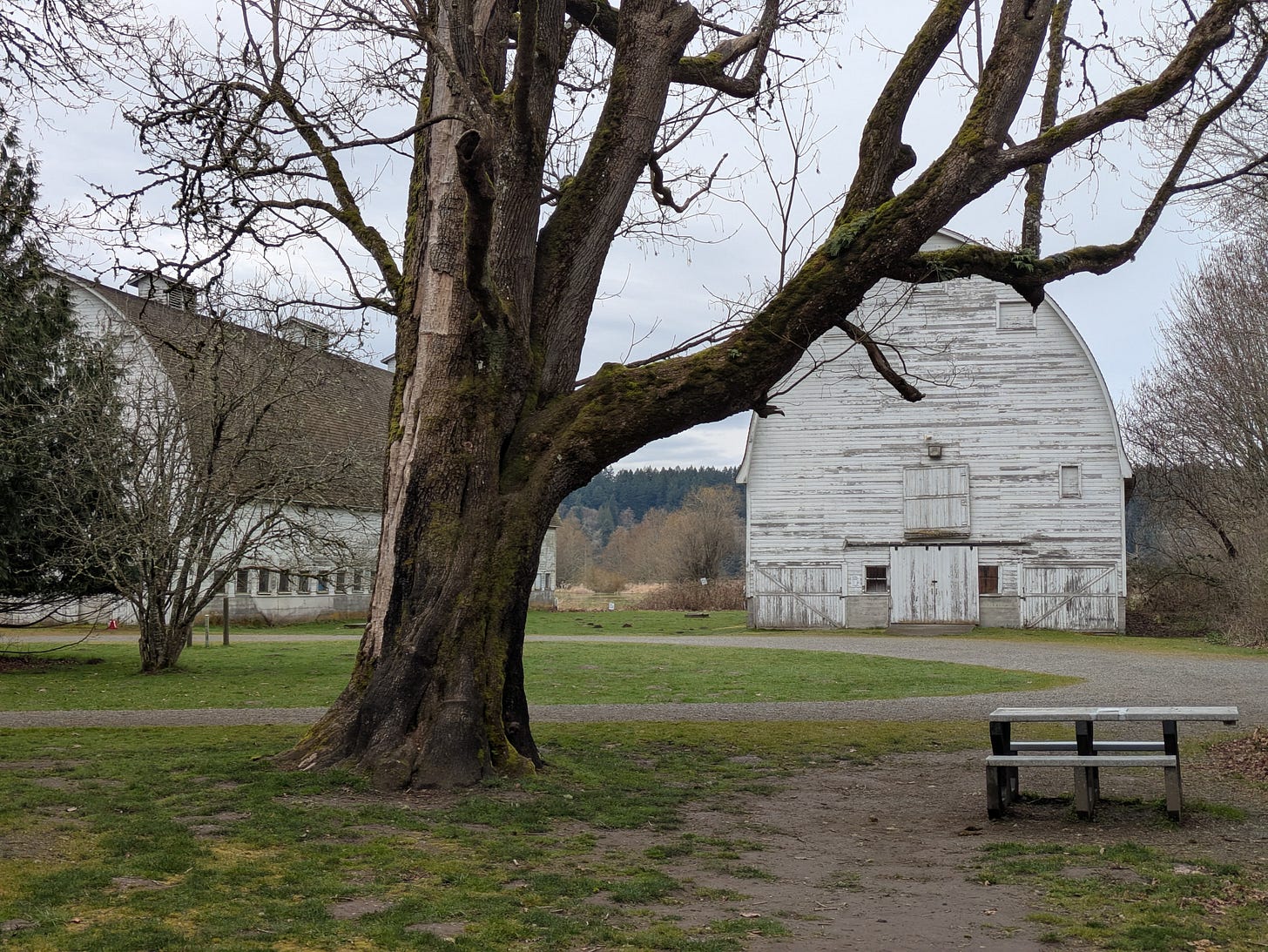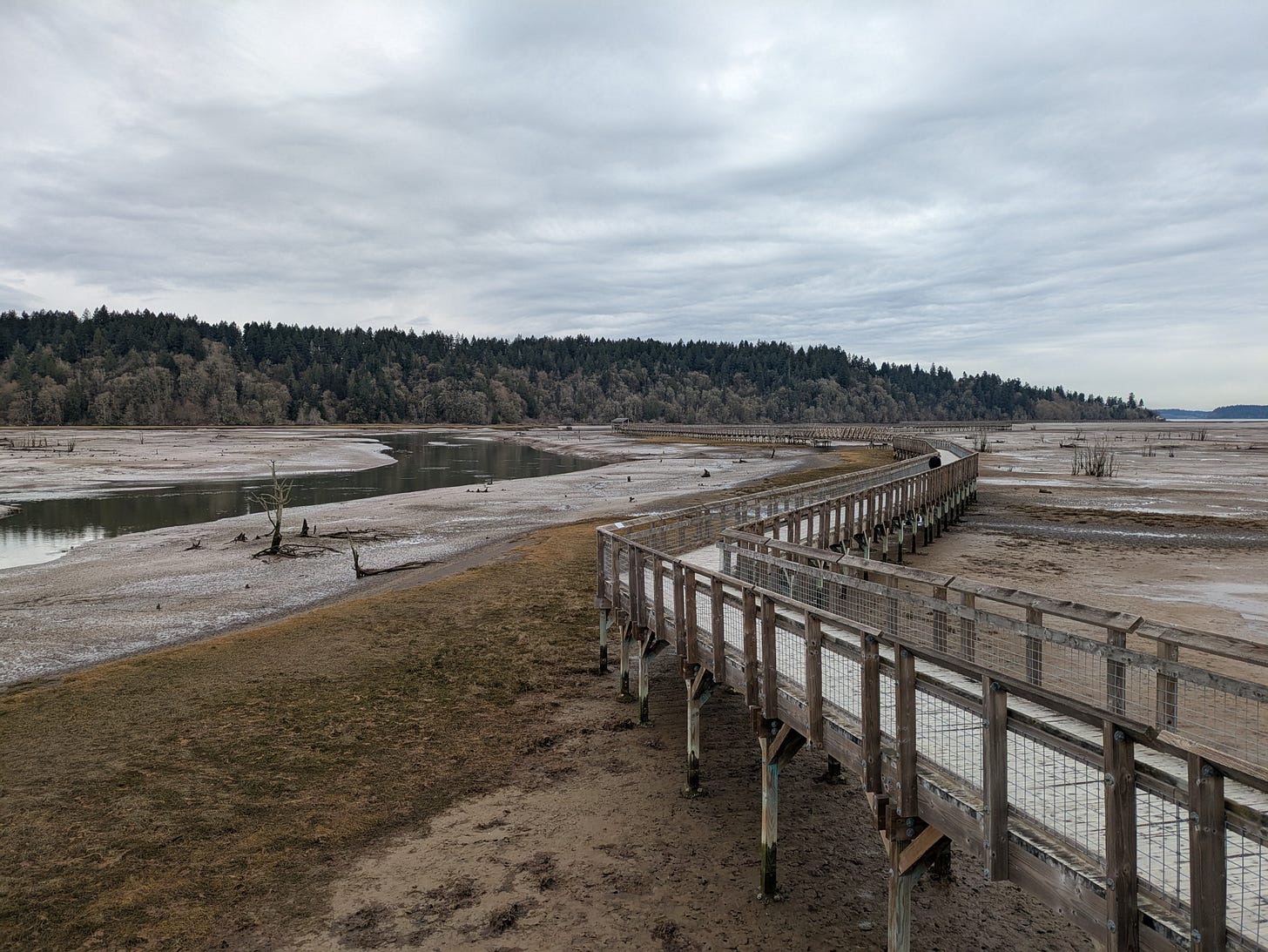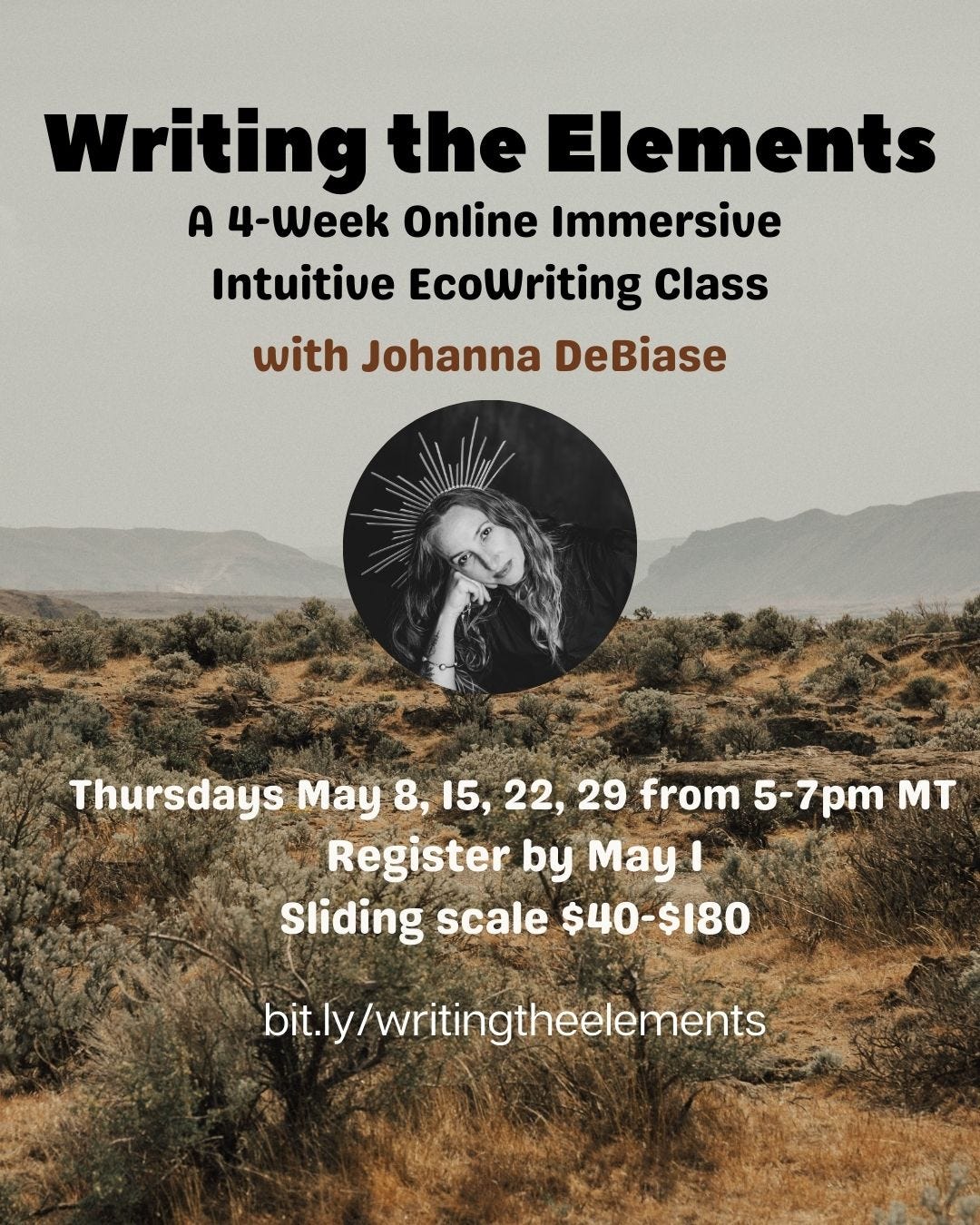Discover the Joy of Slow Living
How to Simplify Your Life and Reduce Stress
There are many reasons to live off the grid, but one that is most important to me is Slow Living. Slow living (SL) means that no matter what is happening in the world, I am able to stay connected to what is most important. I stay centered within myself, fully resourced, connected to the land around me, and loved by friends and family. It means that I only need to handle what is right in front of me right now: the dishes in the sink, my recent blog post, my daughter returning from her day, the spider crawling across the wall, or the ache in my left hip. SL is about living a slower life, with intention and mindfulness.
What is Slow Living?
SL invites us to focus on what is most essential to our lives, authenticity, values and joy.
This means reducing distractions, setting boundaries, reducing commitments and prioritizing our fulfillment.
There is a bit of anti-materialism thrown in there as this ethos necessarily asks us to consume less.
It is often equated with sustainability, emphasizing quality over quantity, as well as buying local and ecofriendly or secondhand products.
SL allows you to connect more deeply with your local community and your immediate surroundings as you stay more focused on the present moment, appreciating what you have instead of seeking more outside yourself.
SL is also about choosing rest over stress.
All this leads to a more meaningful life of purpose and contentment.
Is Slow Living for you?
We all have a primordial longing to slow down and savor life without stress or trauma though many of us feed off our modern world of busyness and stimulation, afraid of what we might discover if we slow down for too long. And though it isn’t out of reach for anyone, it’s certainly not an easy task.
For one, we live in a hyper-masculine/yang society that values traits such as speed, efficiency, productivity, ambition, action, working hard, movement, determination, pushing forward, decisiveness, accomplishments, competition, etc. There is nothing wrong with these characteristics, except that they are over-emphasized and out of balance.
The quieter feminine/yin traits of receptivity, flow, openness, stillness, imagination, rest, community, deliberateness, nuance, etc. are often perceived negatively in our society as too weak, passive, irrational, submissive, ineffective or unpredictable. Interests traditionally seen as feminine—such as beauty, romance, or nurturing—are often dismissed as trivial or shallow.
When you read these two sets of traits side by side, yin and yang, what reaction do you have? Do you believe one is more important than the other? Slow Living requires us to embrace more feminine/yin ideals into our life and let go of the hard-wired masculine/yang ideals that our culture has ingrained in us. Is that something you could see yourself doing?
Slow Living is Radical
Tricia Hersey writes in her book, Rest is Resistance: A Manifesto, “Rest is radical because it disrupts the lie that we are not doing enough. It shouts: ‘No, that is a lie. I am enough. I am worthy now and always because I am here.’” She does not believe that the point of resting is to recharge so you can get back to work but instead resting for the sake of resting.
Often, we find ourselves racing to some unknown end, some ideal of achievement or success, but what happens when we get there? Then there is something else to achieve. Only by releasing the need to achieve, to be better, to find greener grass can we truly begin to enjoy the moment right now, instead of in some mythical future when everything is exactly as we think it needs to be. Can you imagine a world where everyone prioritizes gratitude over accomplishment?
Slow Living is Sustainable
You don’t have to live off the grid to practice SL. Living off the grid usually involves many elements of SL (though this isn’t true across the board. Read this article for an example.) Off the grid, you are closely aligned with the elements of your environment, focusing on where each drop of water comes from, each flick of the electric switch is sourced from, and the endgame for your waste. This promotes a consciousness of intention for all your basic needs. Living in a smaller home forces you to question the quality and necessity of every purchase.
Another way I practice SL is to cut back on the global news and to curate my social media algorithms. My decision is mainly to keep my nervous system regulated. This can be challenging as I don’t know all the world drama all the time, but I find that I can easily get the gist of it from friends and family and conversations that come up. Also, the macrocosmic state of the world is reflected microcosmically in my local community such as housing shortages, inflation and protests.
Slow Living is Mindful
My heart stirs. I take a deep breath and notice the path of air traveling through my body filling it with sensations of ease. I go outside and listen to the birds sing. The birds don’t read the news either. I watch the trees sway in the spring wind. Reaching for my journal, I write my heart out and when I’m done, I sing a little chant to help the new buds grow. I sip my dandelion and chicory tea and dream into the day ahead, taking my time getting started, luxuriating in the stillness and quiet of the world. I block off three days a week in which I don’t make any plans with anyone. I try to stay home and go for long walks between working hours. I cook simple dinners with lots of vegetables, often late in the day because they take time, but I feel healthy, vibrant, and full.
I did not reach here overnight. Many choices led me to a place where I can indulge in slow living. Small steps at a time over years, slowly but surely. I arrive.
Practice Slow Living
1. Let go of commitments that you don’t need to be committed to. Be honest with yourself and take a big red marker to your calendar. What are you doing out of obligation and what are you doing for joy? Prioritize joy.
2. Rest. Relax. Sleep in later. Swing on the hammock longer. Resist the urge to do something just so you feel like you are being productive. Your worth is not tied to your productivity. Remind yourself of this often.
3. Spend time in nature and reflect on what is actually important.
4. Cut back on news and social media.
5. Pick a hobby that you love to do such as cooking, sewing, crafting, reading, woodworking, painting, fiddling, juggling, and devote two hours to it, drawing it out, indulging in the playfulness and pure enjoyment of it. (Bonus points if it’s totally unproductive and unnecessary.)
6. Practice moments of sensory awareness, tuning into your senses, noticing the details, quieting your mind.
7. Redefine what success means to you, based on your personal values and not those of the hustle culture’s values of status, wealth or achievement. Can you see that you are already successful?
8. Next time you feel the need to buy something, see if you can use something you already have in a new way, wonder if you can make it yourself, question if you really need it, buy it secondhand or buy it locally.
9. Spend time with friends and family playing games or sharing a meal, engaging in conversations and eye contact.
10. Practice saying no to things that don’t light you up and yes to the unexpected purely out of curiosity.
Book Suggestions
Tao Te Ching by Lao Tzu
Minimalism: Live a Meaningful Life by Joshua Fields Millburn and Ryan Nicodemus
Essentialism: The Disciplined Pursuit of Less by Greg McKeown
Your Guide to Forest Bathing: Experience the Healing Power of Nature by Amos Clifford
Rest Is Resistance: A Manifesto by Tricia Hersey
How to Do Nothing: Resisting the Attention Economy by Jenny Odell
In Praise of Slowness: Challenging the Cult of Speed by Carl Honoré
Laziness Does Not Exist by Devon Price
Please Unsubscribe, Thanks!: How to Take Back Our Time, Attention, and Purpose in a World Designed to Bury Us in Bullshit by Julio Vincent Gambuto
Wintering: The Power of Rest and Retreat in Difficult Times by Katherine May
Ancient cultures all over the world have used some version of the four elements to simplify the complexity of our organic existence. Taoism, Ayurveda, tarot, witchcraft, Chinese medicine, astrology and many more, continue to revere the elements to honor the natural world and our human relationship to it. Discover your own personal connection to the elements as a channel for inspired writing. Each week students will immerse themselves in one of the elements through music, literature, art and meditation and write from this place of deep knowing. Live classes will offer opportunities for students to share their work. Being in the outdoors and experiencing the elements first-hand will be an integral part of your self-study. Who knows? You may even meet a nature spirit or two!






Yes please! Totally inspired.